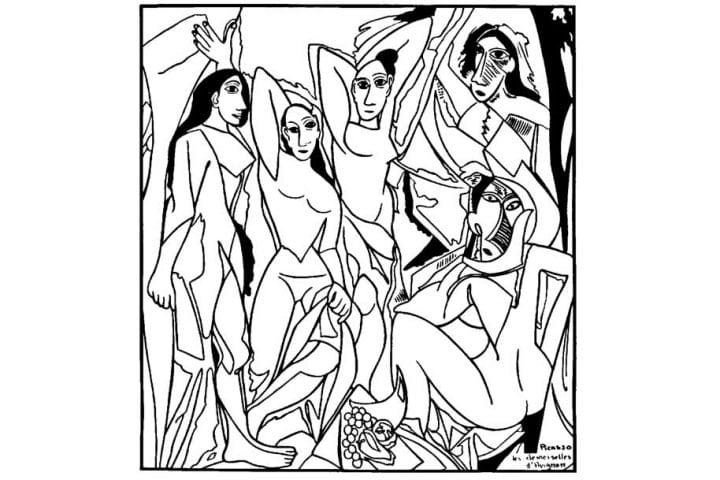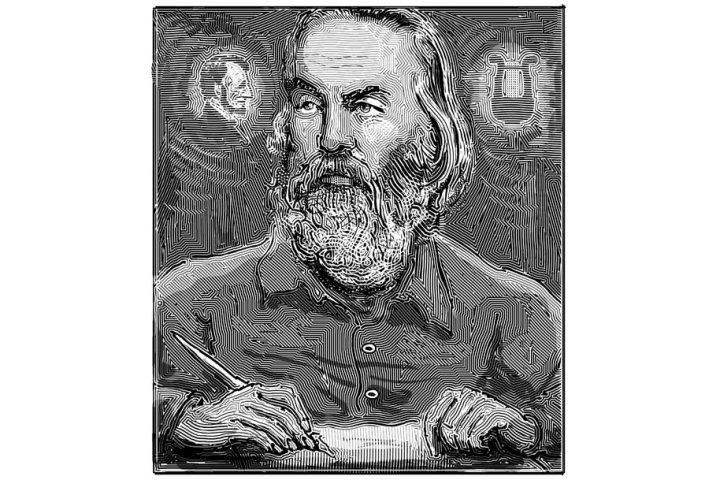The best stories, we like to believe, are morally uplifting, with pure, noble heroes triumphing over evil, despicable villains. But is that really true? Don’t we also have a soft spot for rogues, hellions, knaves, scoundrels, and miscreants—especially when they are smart, irreverent, and good-looking? Much as we hope to see goodness triumph in the end, don’t we sometimes take the side of wickedness, if only for the sake of a good story?
If you agree with this quick take on human nature, then let me push your envelope. Imagine a fictional character who works for the Nazi intelligence agency Sicherheitsdienst (SD) in a village in occupied France. Imagine him intellectually gifted, contemptuous of Nazi ideology, fluent in French, and so devilishly handsome that he kindles a lifelong passion in the gorgeous, red-haired, emotionally unstable wife of the kind and honorable village doctor. When the local Communist cell manages to kill a German army officer, imagine this same handsome SD agent interrogating witnesses by burning them with cigarettes and threatening their children.
Is it okay to empathize with such a character? Most people would say no, not even for the sake of a good story. But what if the story were so humanely conceived, capaciously told, and historically accurate that you find yourself empathizing, to varying degrees, with scores of characters,


